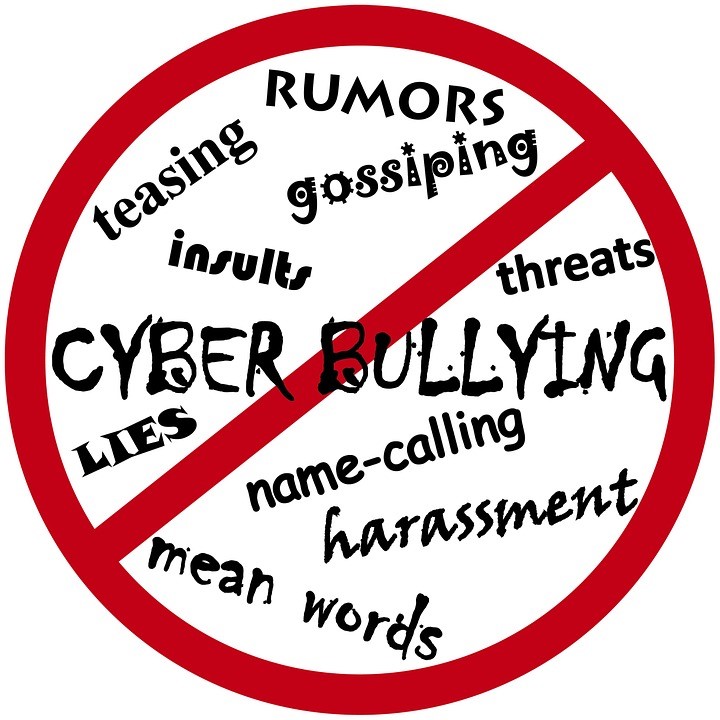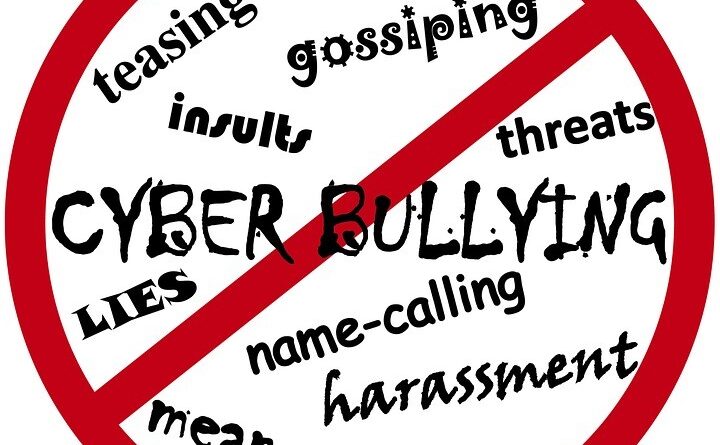Protecting your special needs child from bullying
The law, and many helpful professionals, are on your side!

By Leesa Putt
Special to The Knightly News
leesa.putt@mymail.centralpenn.edu
LEBANON – At the dawn of a new school year, the social component and fear of being bullied can be the most challenging piece of going back to school for children with special needs.
Any child can be a victim of bullying or harassment, but according to research conducted by the Special Needs Alliance (SNA), children with special needs are more likely to be bullied or harassed and more likely to be seriously harmed by it.
The Children’s Hospital of Philadelphia states on its website that more than a third of students with behavioral and emotional disorders report being bullied. The site gives a breakdown of specific special needs, stating that about one in three students with autism, one in four students with intellectual disabilities and one in five students with health impairments report bullying.
According to Education Post, a division of the Brightbeam network of education activists, bullying can be defined as any targeted, aggressive, unwanted and repeated behavior. This type of targeted aggression has been going on for decades, but researchers and psychologists are beginning to understand who is more likely to be a target, and how to prevent and reduce bullying.

Easy targets
“Special needs students are often targets because they have differences that are easy to point out,” said Dr. Kerrie Smedley, a child psychologist and owner of Annville Psychological Associates, in Annville Township, Lebanon County. “These students may be more emotionally reactive when picked on, and they may not have a social circle that stands up for them.”
Smedley said one of the most important facts to teach a bullied child is that the bully is doing it because he or she gets the reaction the bully wants.
One of the first things Smedley works on with clients being bullied at school is how to change their reaction to the bully. Smedley said she role-plays in the office with her clients to help them not emotionally respond but instead to have the tools to help control and diffuse the situation.
“It usually gets worse before it gets better,” Smedley said. “But after the bully sees they aren’t getting the desired reaction, it will stop.”
Smedley said she starts with three strategies to prevent bullying with her clients. They follow.
Ignore the bully
Smedley suggests not having any emotional reactions, and ignoring the comments or actions. She recommends, especially with special needs children, teaching them how to stay calm and control emotions. Her suggestions follow.
- Take a few deep breaths and try to focus on something besides the bully. Brainstorming things that make you happy or are calming before the situation begins can be a helpful tool to use in the moment.
- Don’t look directly at the bully. Look past him or her, or in a different direction.
- Walk away and disengage. If you can, leave the room the bully is in or move to a different space. Try to find a place that would have someone supportive around if the bully persists.
Take part in the criticism
Smedley said the strategy of agreeing with the bully and not giving in to the reaction the bully wants will often make the bully stop. For example, if someone calls you ugly, Smedley said to reply, “Yeah, I’m probably the ugliest person ever.” This type of reverse response will usually be enough to stop the bully. Smedley said a humorous approach often defuses the situation.
“When your child laughs with the bully, it diffuses any power the bully thought they had over your child, and their bullying methods become ineffective,” Smedley explained.
Stick with a friend
Smedley said this is the hardest one for children with special needs because they often feel isolated, and bullies look for kids who are alone. Being able to find even one confidant can go a long way in preventing bullying.
Smedley said these are great in-the-moment strategies, but it is essential to let your child know that the best way to prevent bullying is to report it. Without adult intervention, bullying may continue or escalate.
Smedley also encourages parents to be careful not to engage in victim-blaming or to criticize a child for getting bullied.
“Let your child know that bullying is a choice made by the bully and is never the victim’s fault,” Smedley said.
Schools step up, and in
School systems across the country are adding anti-bullying curriculum to better educate students and staff about the problem. In Lebanon County, Lebanon and Cornwall-Lebanon schools have anti-bullying classes built into their curriculum. Lebanon School District has a week built into each grade level’s curriculum focused on preventing bullying, including a high school course on cybersafety.
While there are many steps that parents and schools can take to prevent or stop bullying, families should be aware that they also have powerful legal resources at their disposal.
According to the SNA, students with disabilities are guaranteed a free and appropriate education under the Individuals with Disabilities Education Act (IDEA). This act states that if bullying creates an environment that interferes with their education and school district personnel are aware of the situation but take no action, the law is on the family’s side. In addition, Section 504 of the Rehabilitation Act of 1973 and Title II of the Americans with Disabilities Act (ADA) protect the civil rights of individuals with disabilities.
Stay informed
Knowing your rights is an important part of protecting your child. Although the schools do have a responsibility to keep children safe, parents usually need to advocate for their children’s safety. According to Smedley, the responsibility usually falls on the shoulders of the victim and the parents of the victim.
On its website, Lebanon County Network of Care states that bullying is reinforced when ignored or quietly accepted. The site encourages parents to help children think of ways to help someone who is being bullied. It recommends distracting a bully, such as by starting a conversation or changing the subject, as a simple way to prevent a confrontation. The site explains that it is essential to let your child know the importance of telling an adult if your child sees another child in trouble or being bullied.
For more information on special needs services in Lebanon County, or resources related to bullying, visit the Lebanon webpage of Network of Care, or talk to your local school officials. Outside Lebanon County, contact officials of your county or school district, or private school your child or children attend.
Also, visit stopbullying.gov, a website of the U.S. Department of Health and Human Services.
Putt is a student in the Central Penn College corporate communications degree program. Putt’s profile photo was provided courtesy of Annville Psychological Associates.
She is also an employee of Annville Psychological Associates, and produced this article for an assignment in a journalism class in the program taught by Professor Michael Lear-Olimpi.
Have a comment or a story idea? Contact KnightlyEditors@CentralPenn.Edu. Edited by media-club co-adviser and blog editor Professor Michael Lear-Olimpi.




